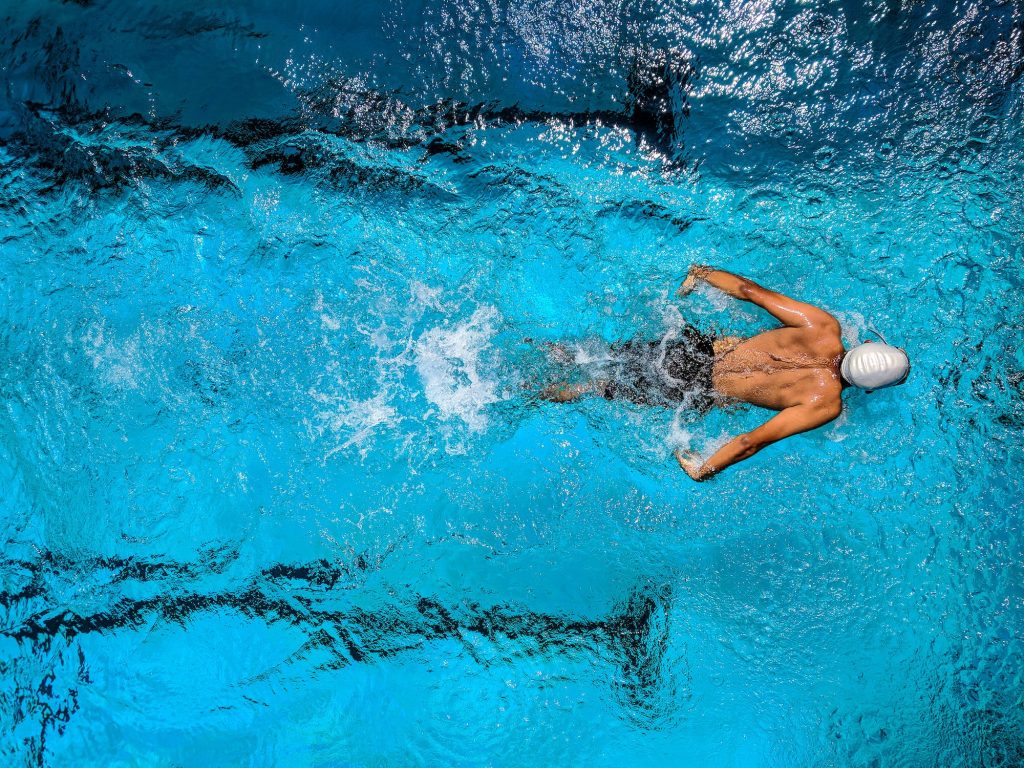Swimming is often referred to as a skill you never forget once you’ve learned it. But is that really true? Or is it possible for someone to actually forget how to swim if they take an extended break from the water? There are several factors that determine whether a person may lose some or all of their swimming skills over time.
Muscle Memory Fades
Swimming requires your body to move in unique ways and patterns to propel you through the water. These specialized neuromuscular connections must be developed when first learning to swim. While often referred to as “muscle memory,” these neural pathways can start to fade after long periods without practice.
When you stop swimming for several months or years, your body may lose the efficient coordination required for swimming strokes and timing your breathing. This can make your movements in the water feel awkward, jerky, or inefficient when you try to swim again after a long break.
Conditioning and Endurance Decline
Swimming requires overall strength and excellent cardiovascular endurance. When you regularly swim, your heart, lungs, and muscles adapt to the demands of swimming. After time away from the water, your fitness level and endurance will decrease.
Trying to swim laps after being sedentary can leave you feeling out of breath and your muscles quickly fatigued. The decline in your conditioning can impact your ability to swim with smooth coordination and adequate stamina.

Loss of Proper Form and Technique
Swimming with good form and using proper technique for strokes and breathing are key to being able to swim efficiently across distances. After time away from the water, you may fall back into poor habits or forget the ideal positioning and timing for different strokes.
Reverting to inefficient form increases drag, makes swimming more tiring, and ultimately slows you down. Having to retrain your muscle memory for proper stroke mechanics can temporarily affect your ability to swim fast and smoothly.
Anxiety or Loss of Confidence
Even strong swimmers can feel anxious after a long break from swimming. Doubts about safety, fear of not being able to breathe properly, or lack of confidence in your skills can affect your comfort level in the water.
Anxiety leads to tense muscles, compromised breathing, and stroke changes that hinder smooth swimming. Regaining confidence is key to overriding these fears and swimming comfortably again.
Tips for Relearning to Swim
If it has been awhile since you’ve swum regularly, use these tips to ease back into it:

- Start by swimming only very short distances or times until your conditioning improves.
- Focus on form and technique instead of speed at first. Have an instructor provide feedback.
- Use kickboards, pull buoys, or fins to rebuild strength and retrain good form.
- Consider taking a refresher course or a few private swim lessons.
- Swim where you are most comfortable, even if that means staying in the shallow end.
- Give yourself plenty of rest between swim sessions to allow muscles to recover.
- Don’t get discouraged by initial awkwardness and short distances. Stamina and skills will return with practice.
Conclusion
While most people retain some basic swimming ability even after years away from the water, it is absolutely possible to forget aspects of proper swimming technique and conditioning that allow you to swim smoothly for sustained periods. Give yourself plenty of time and patience to ease back into swimming after a long break. Stay positive, focus on form, start slowly, and your former swimming abilities will return before you know it.


